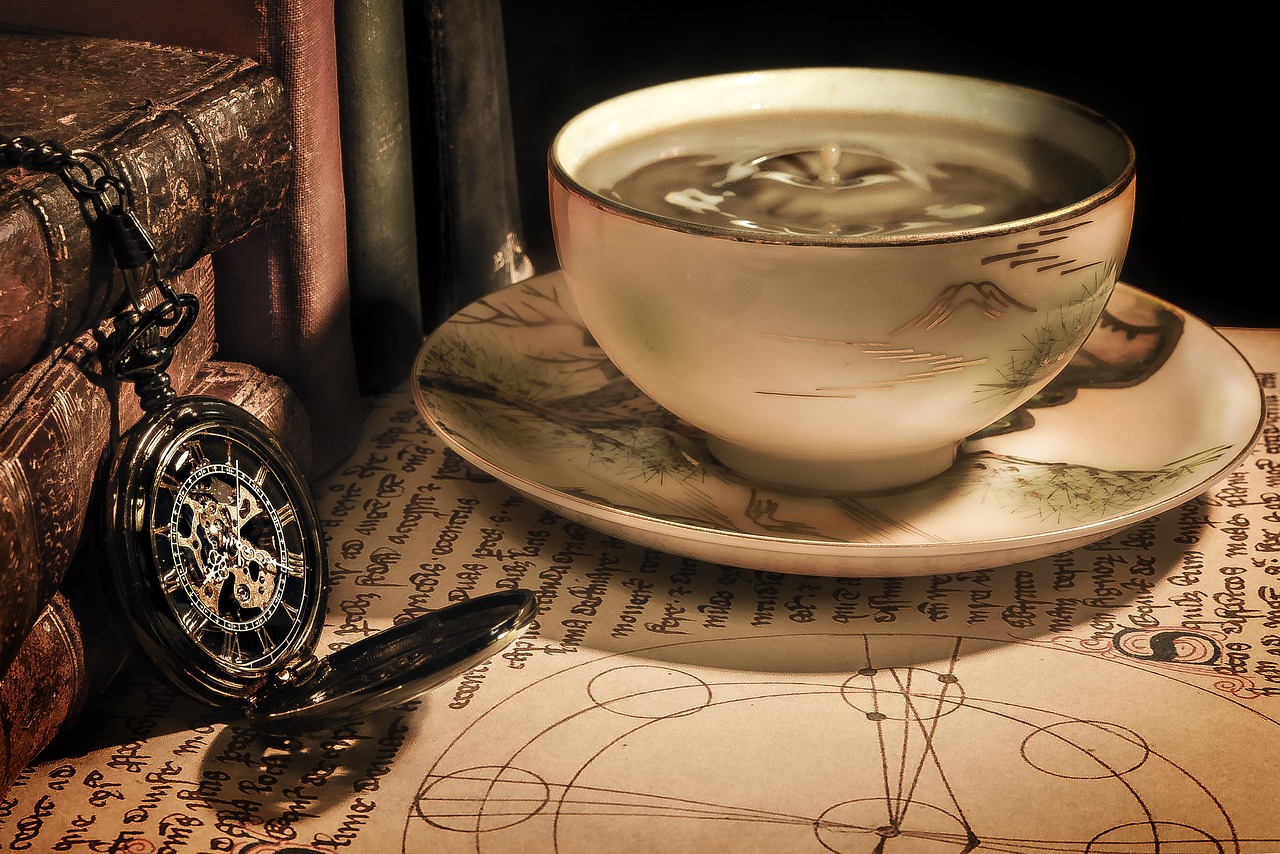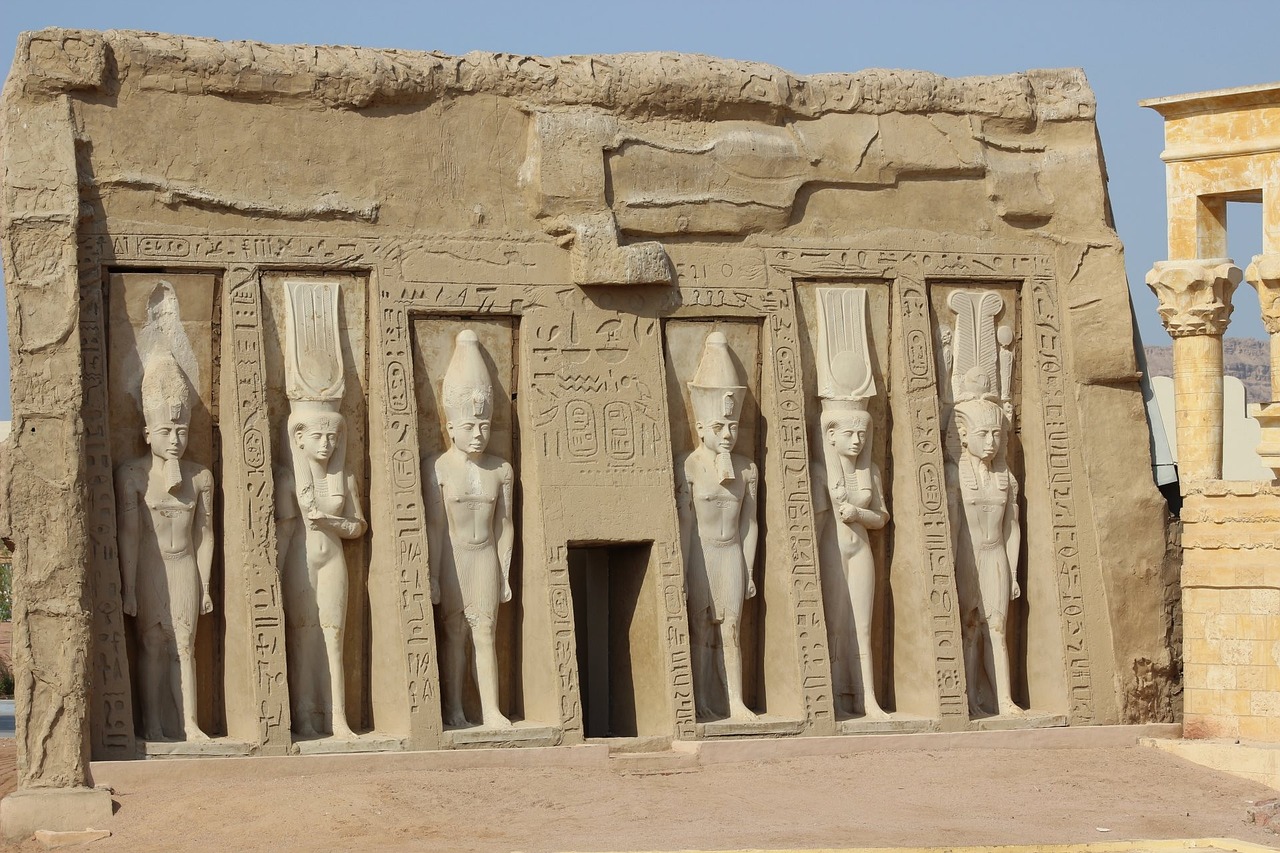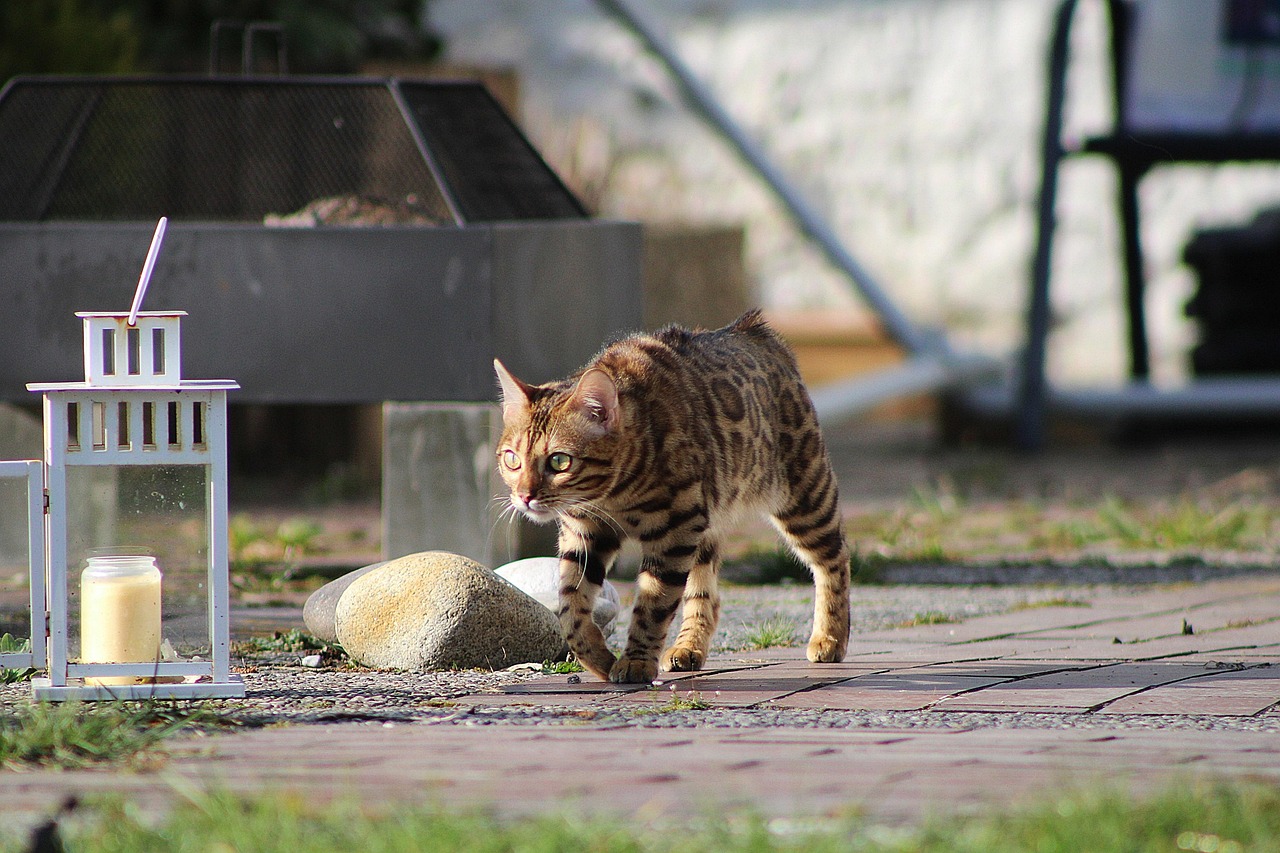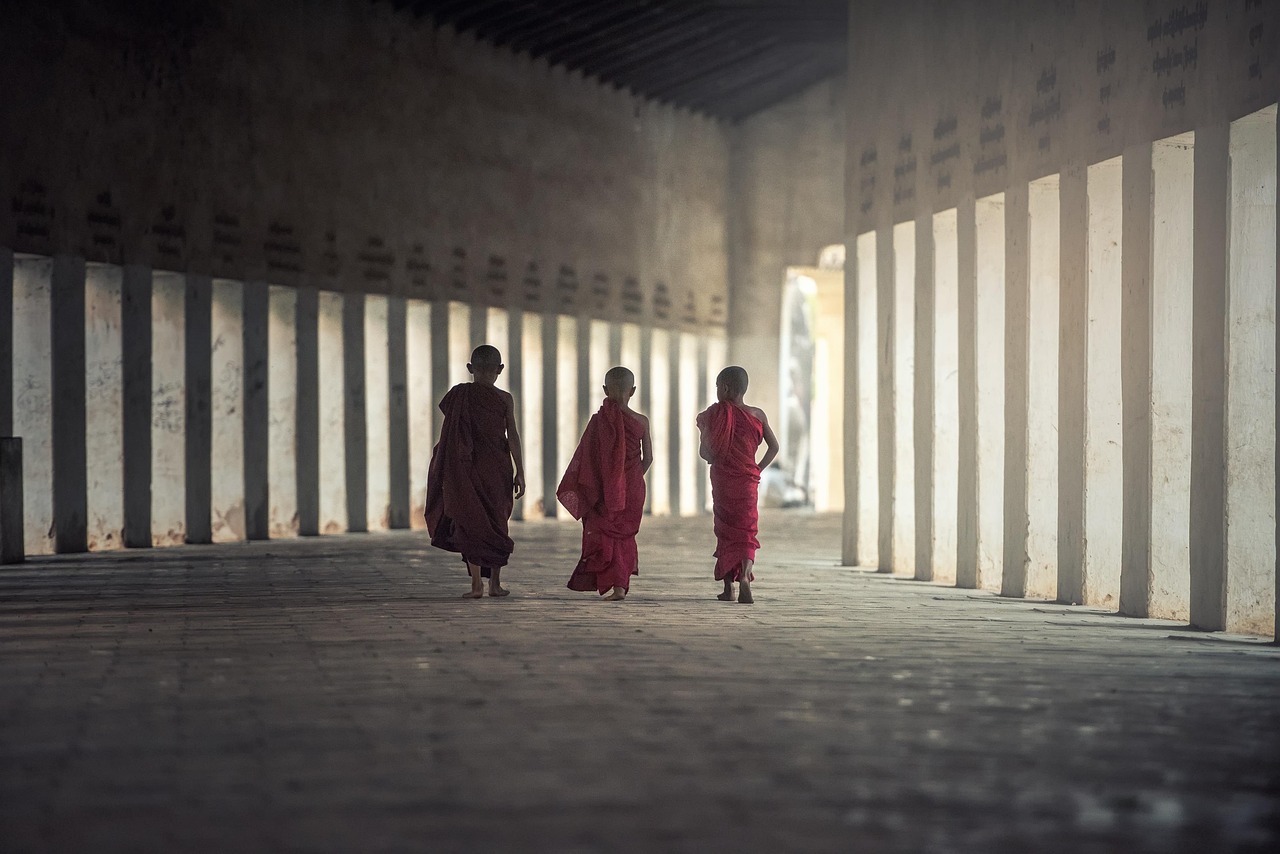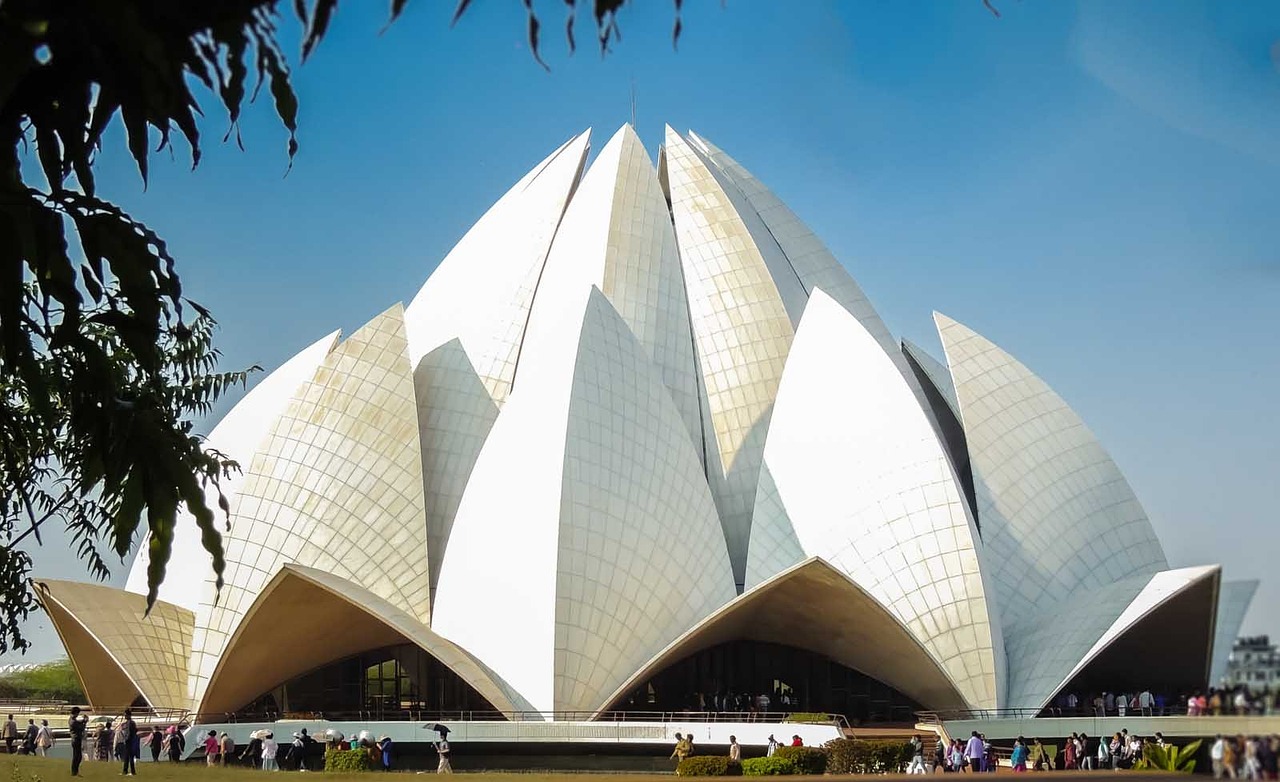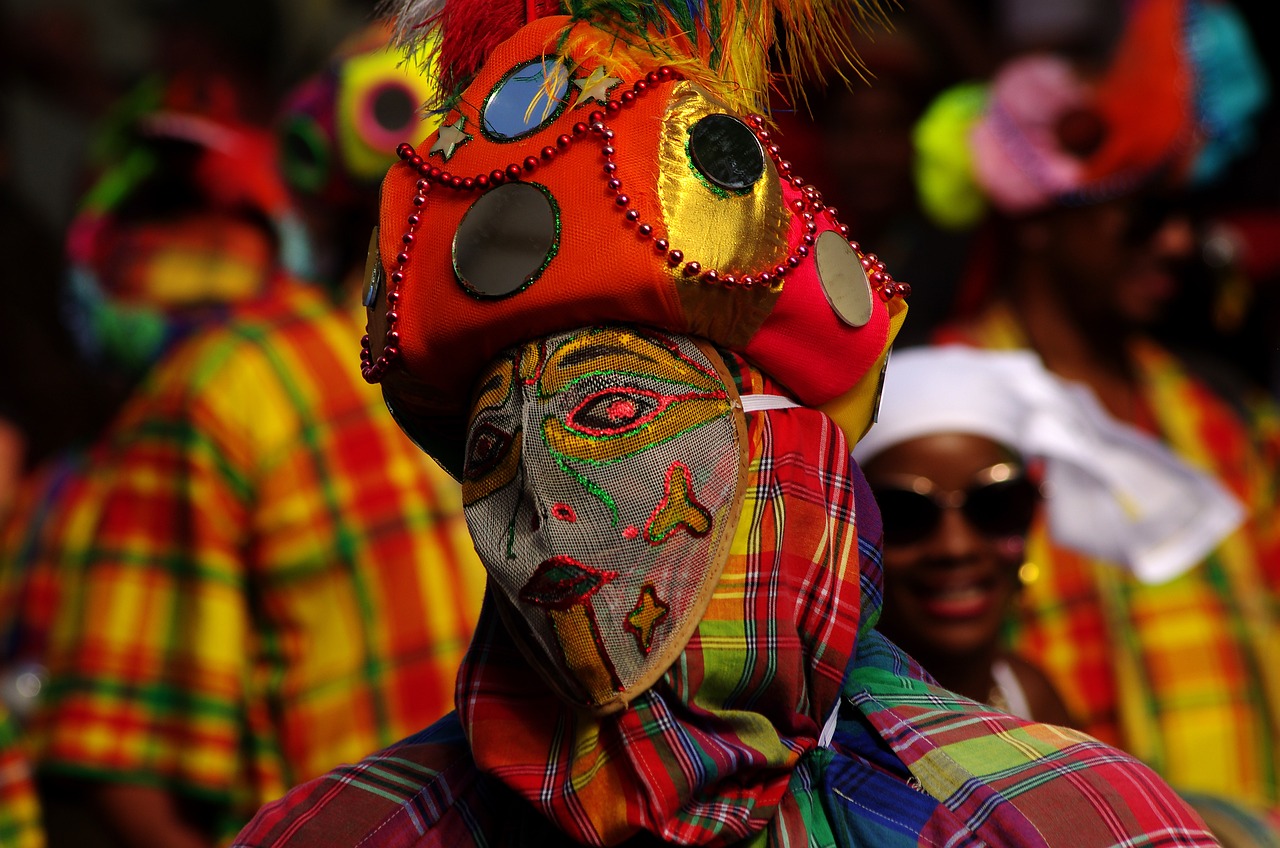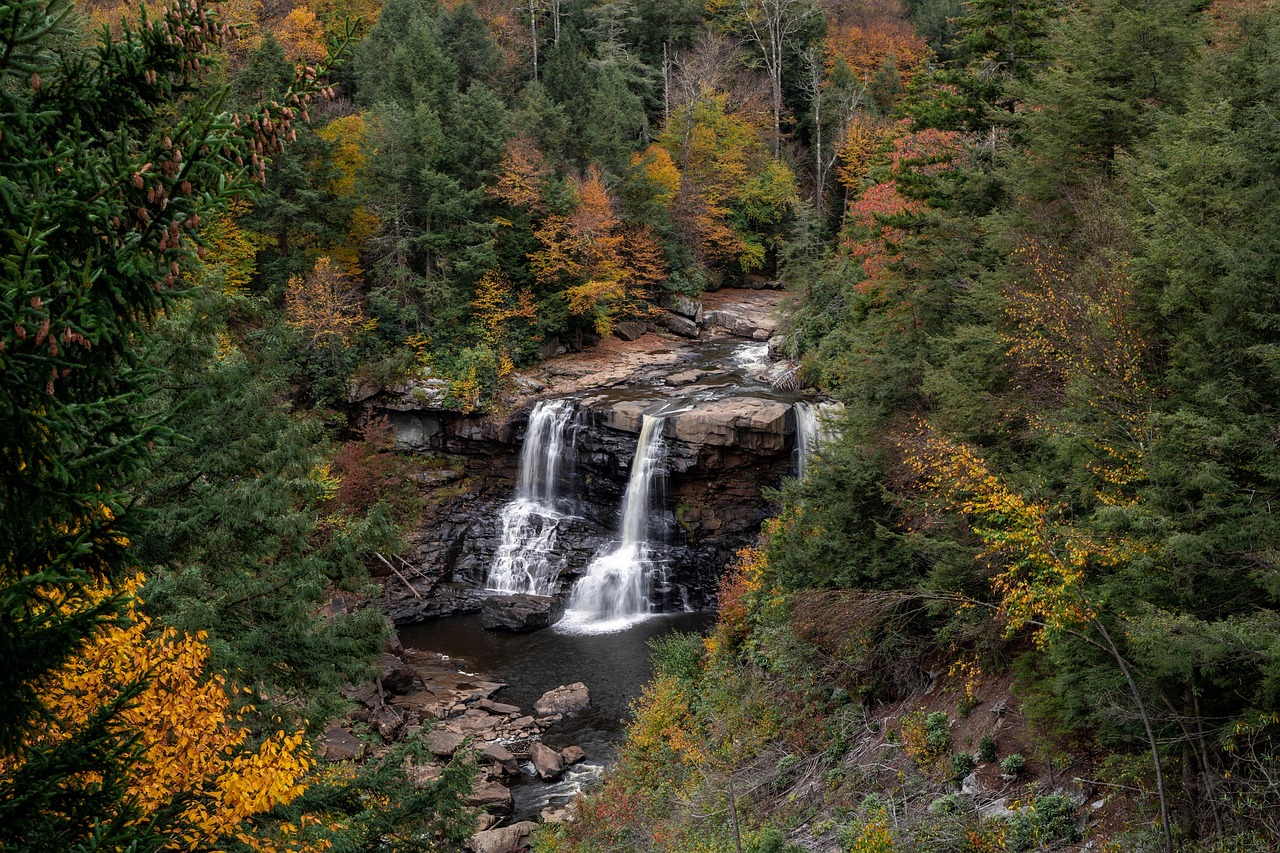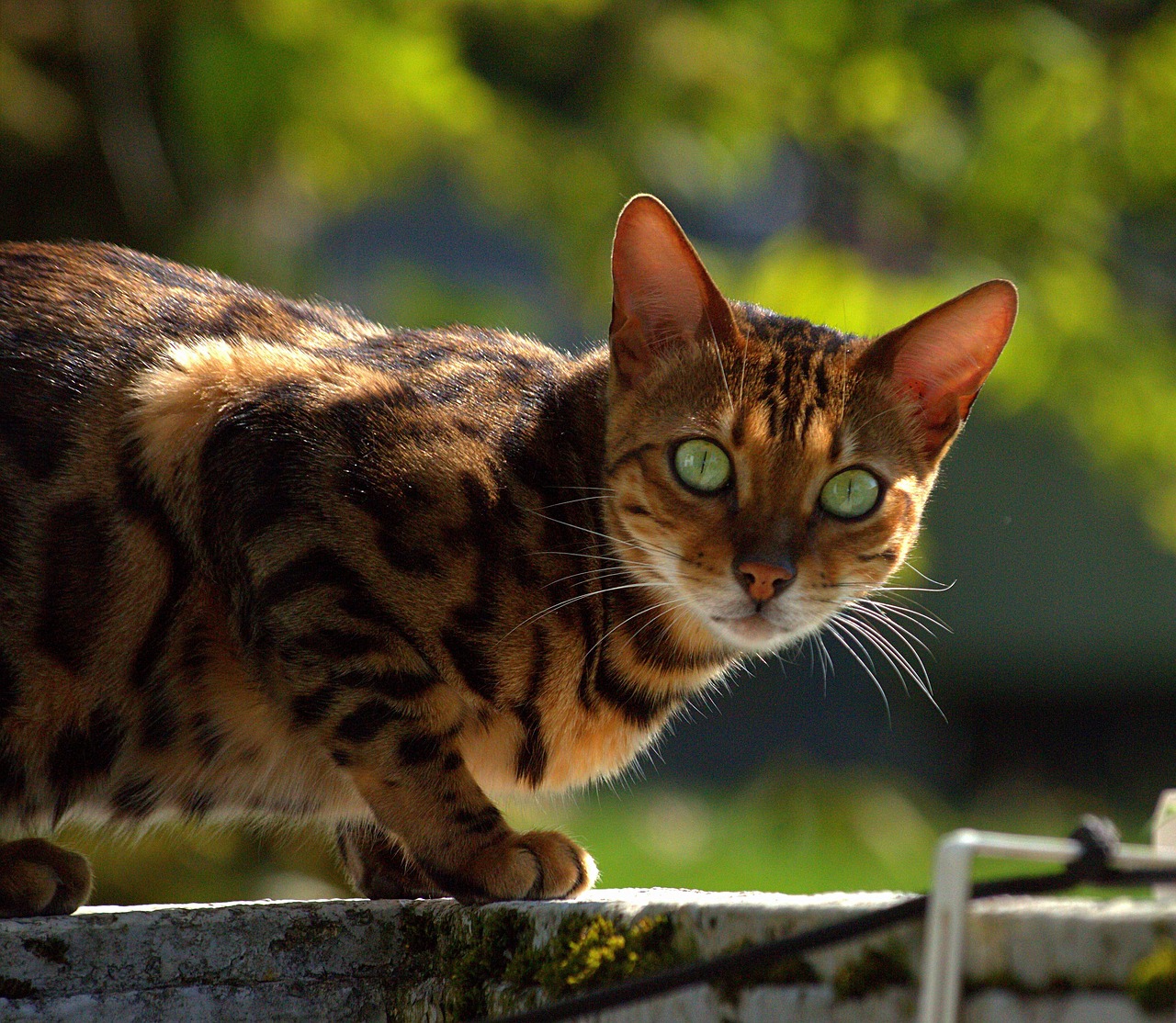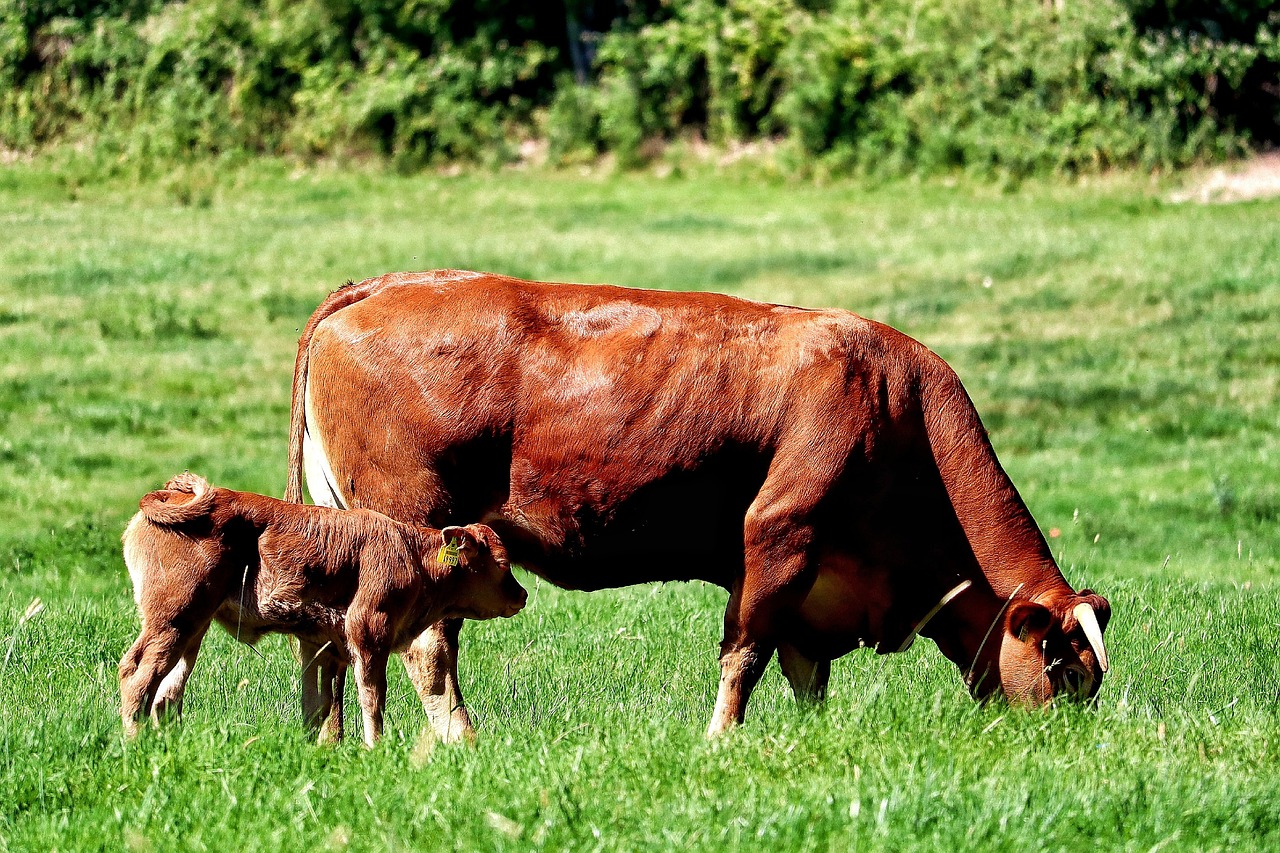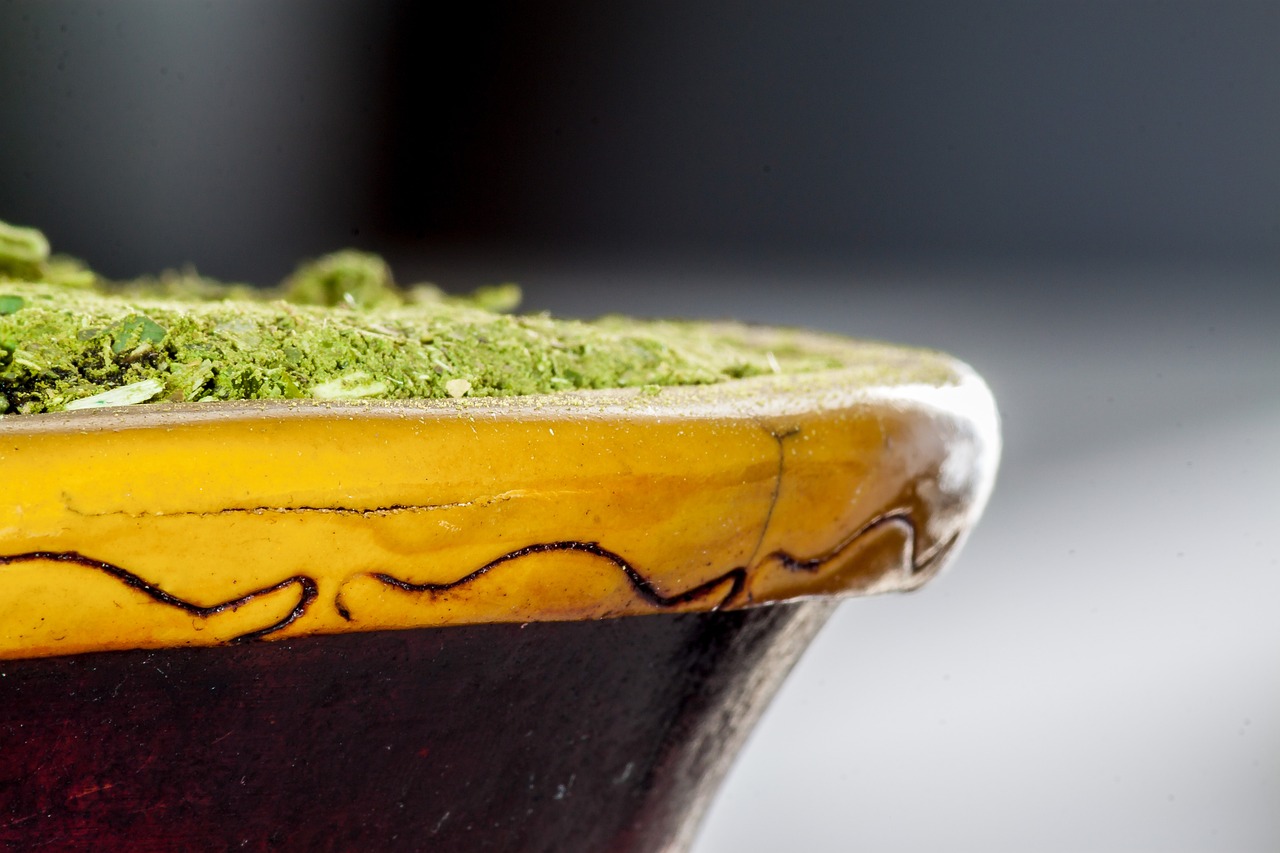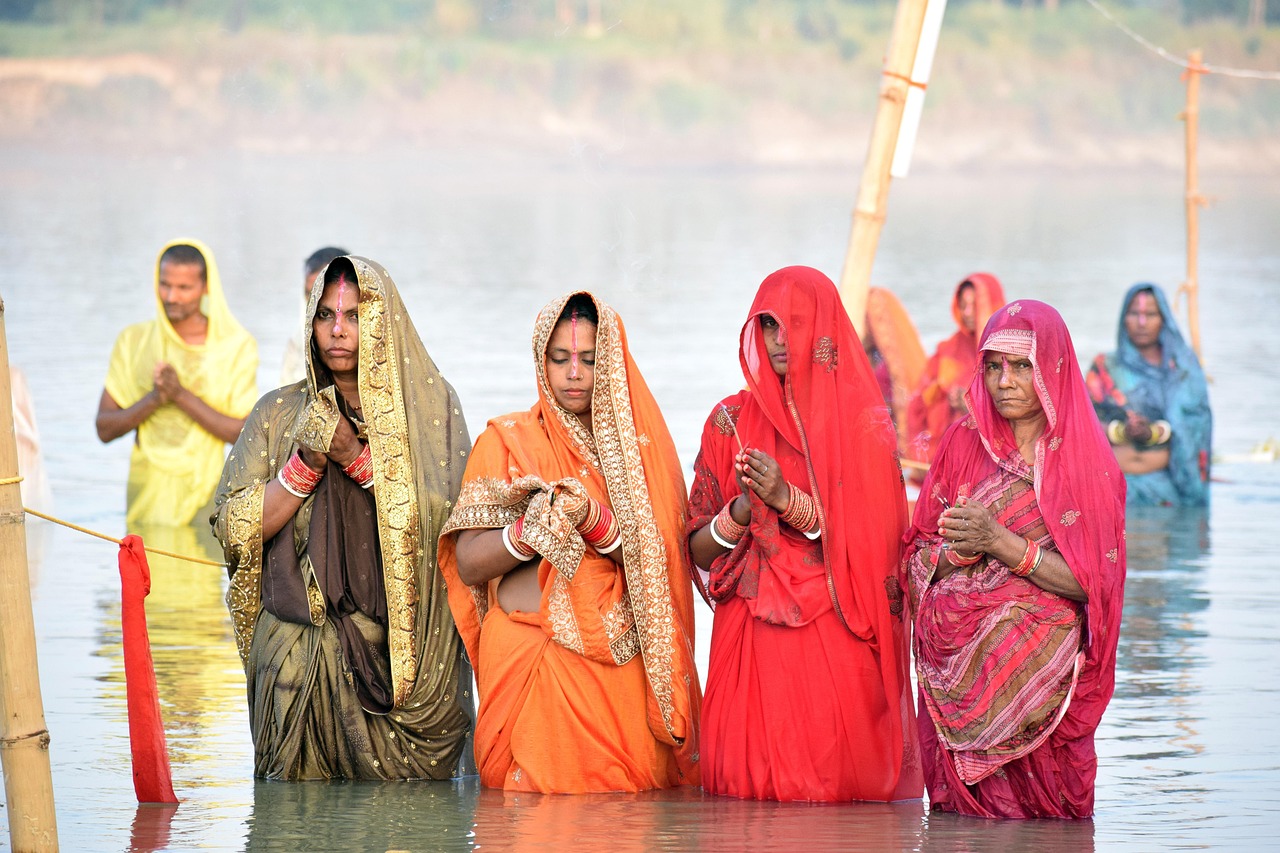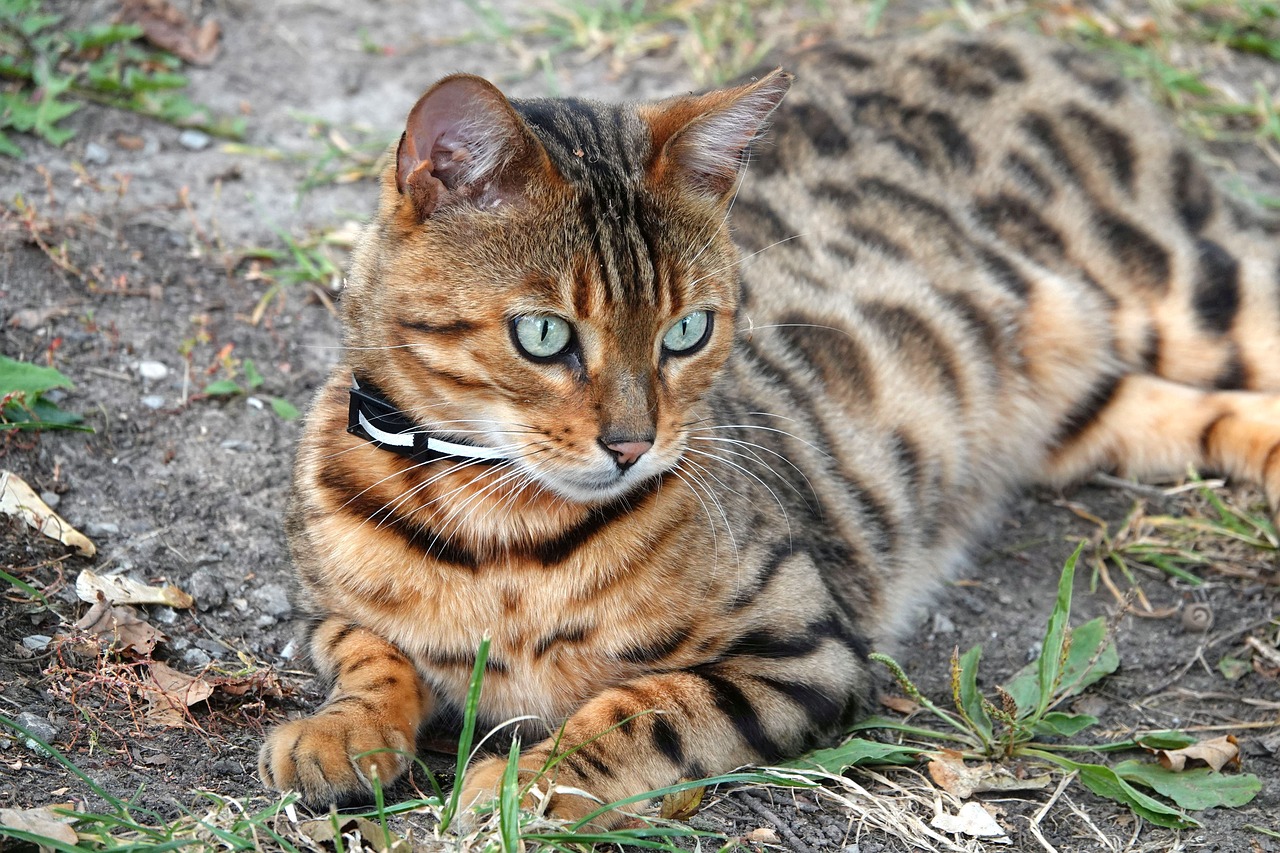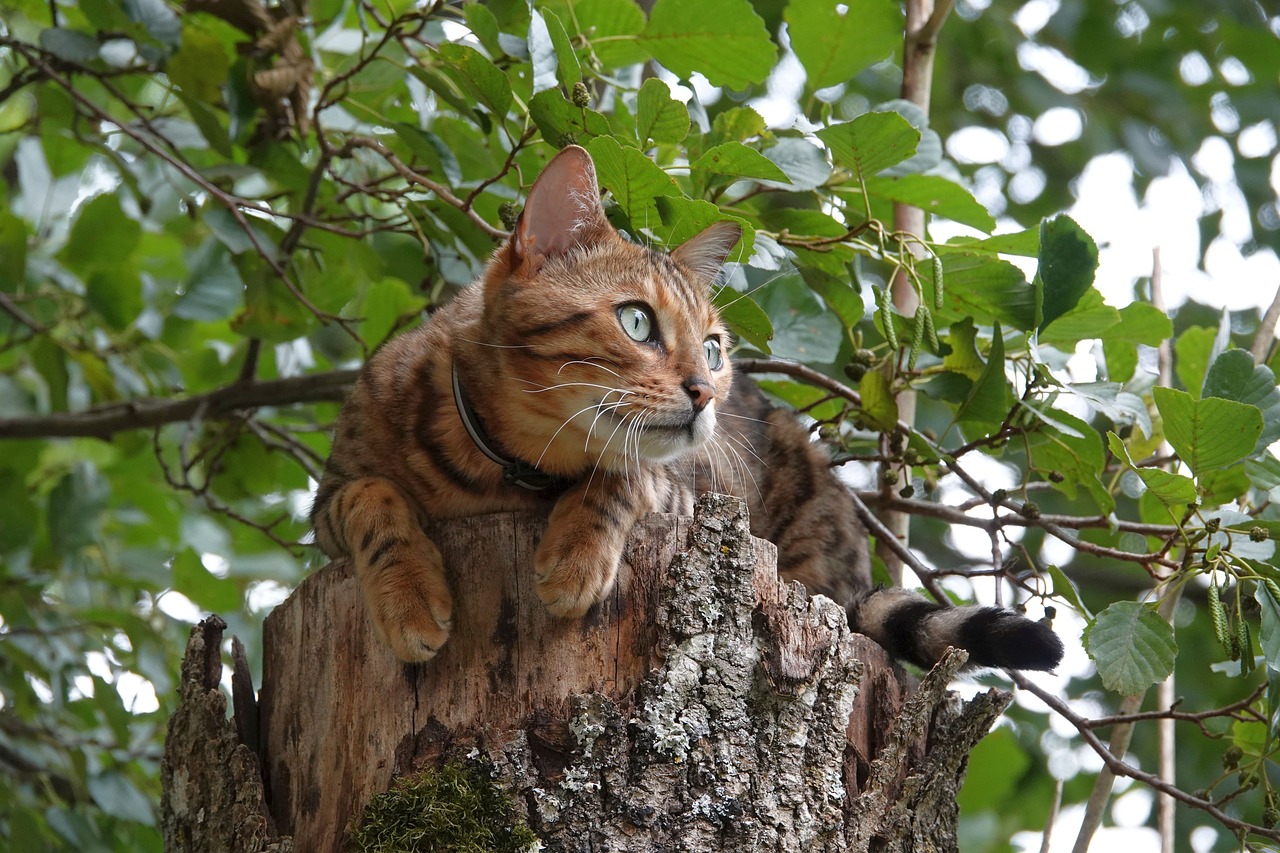This article explores the deep-rooted cultural significance of tea in Bengali society, examining its historical, social, and economic dimensions while contrasting it with coffee’s role in the region.
The Cultural Significance of Tea in Bengal
Tea is more than just a beverage in Bengal; it represents hospitality, tradition, and social interactions, making it an essential part of everyday life. The act of serving tea is often seen as a gesture of warmth and welcome, deeply embedded in the social fabric of Bengali culture.
Historical Roots of Tea Consumption in Bengal
The history of tea in Bengal dates back to the British colonial era, when tea plantations were established, shaping the region’s economy and culture. These plantations not only transformed the landscape but also laid the groundwork for a thriving tea industry that continues to flourish today.
| Aspect | Tea | Coffee |
|---|---|---|
| Cultural Significance | Integral to social gatherings | Less prominent |
| Historical Roots | Colonial legacy | Minimal historical presence |
| Economic Impact | Major contributor to local economy | Limited influence |
Tea vs. Coffee: A Comparative Analysis
While coffee has its own charm, tea’s entrenched position in Bengali culture often overshadows it, leading to a unique preference for tea over coffee. This preference is not merely about taste; it is about the experience and the rituals associated with tea drinking.
The Rituals Surrounding Tea Drinking
Tea drinking in Bengal involves various rituals that enhance its significance, making it a cherished tradition during gatherings and celebrations. The daily ritual of chai time serves as a moment for relaxation and socialization, emphasizing the importance of tea in daily life.
Health Benefits of Tea
Tea is often celebrated for its health benefits, including antioxidant properties and various physiological advantages that contribute to its popularity in Bengal. Different types of tea, including black tea and green tea, each offer unique flavors and health benefits that appeal to diverse preferences.
Conclusion: The Enduring Love for Tea
The love for tea in Bengal transcends mere preference; it embodies cultural identity, social connections, and a rich history that continues to thrive in contemporary society.
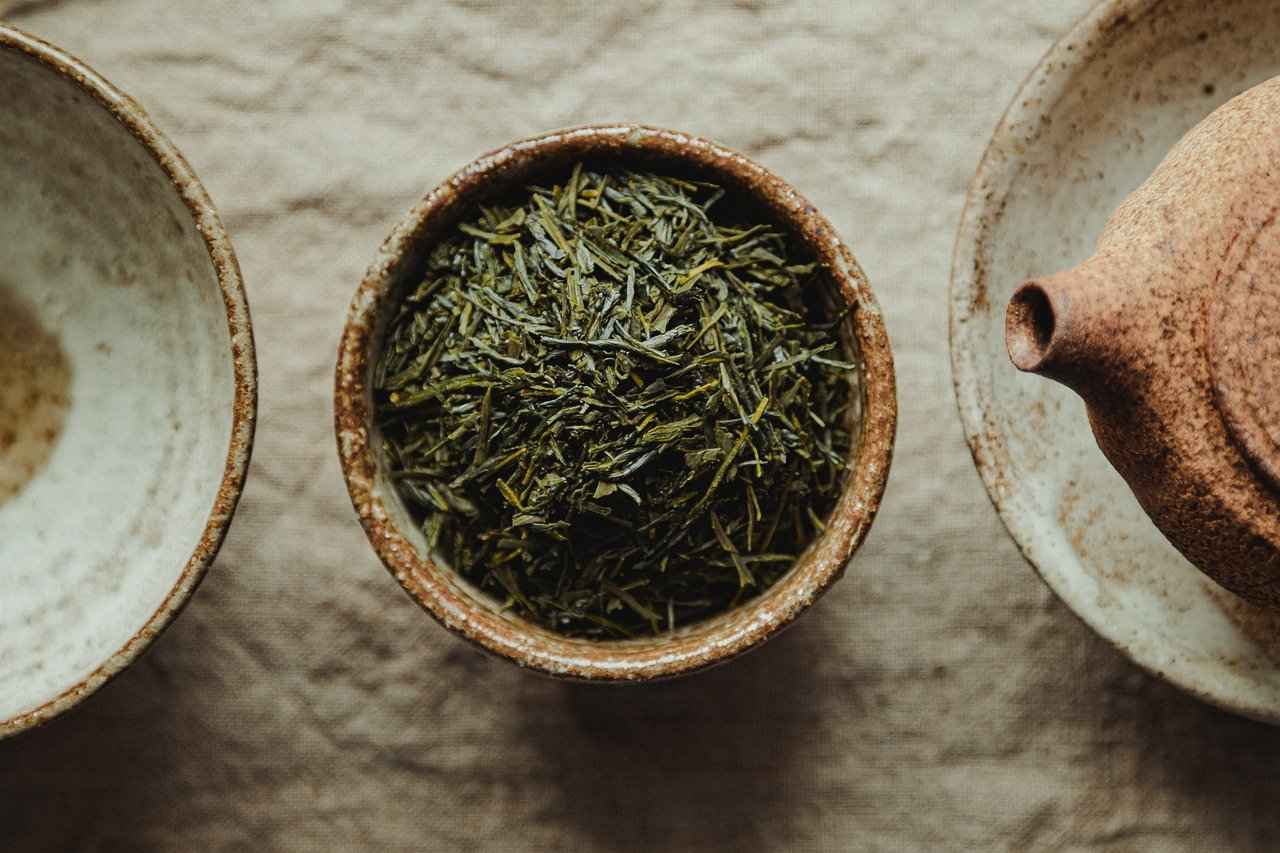
The Cultural Significance of Tea in Bengal
Tea holds a special place in the hearts of Bengalis, transcending its role as a mere beverage. In Bengal, tea is a symbol of hospitality, a cornerstone of tradition, and a catalyst for social interactions. It weaves itself into the fabric of everyday life, creating a sense of community and belonging.
The ritual of serving tea is deeply ingrained in Bengali culture. Whether it’s a casual visit from a neighbor or a formal gathering, offering a cup of tea is a gesture of warmth and welcome. This act of sharing tea fosters connections, allowing conversations to flow and relationships to strengthen. It is not uncommon for Bengalis to engage in lively discussions over a steaming cup of chai, making tea a vital part of their social fabric.
Historically, tea drinking in Bengal has roots that go back to the British colonial era. The establishment of tea plantations transformed the region’s economy and cultural identity. These plantations not only provided employment but also became a source of pride for local communities. The legacy of these plantations continues to influence the economic landscape of Bengal, with tea remaining a significant export product.
Moreover, tea is often associated with various rituals and celebrations. During festivals, it is customary to serve tea alongside traditional sweets, enhancing the festive spirit. The daily ritual of chai time serves as a moment of pause and reflection, where families gather to enjoy each other’s company, reinforcing the importance of tea in daily life.
In conclusion, the love for tea in Bengal is not merely about taste; it embodies a rich cultural identity, social ties, and a historical legacy that continues to thrive. It is a beverage that brings people together, making it an indispensable part of Bengali life.

Historical Roots of Tea Consumption in Bengal
The historical roots of tea consumption in Bengal are deeply intertwined with the region’s colonial past. The introduction of tea to Bengal can be traced back to the British colonial era in the 19th century, when the British East India Company recognized the potential of the region’s climate and geography for cultivating tea. This pivotal moment not only transformed the agricultural landscape of Bengal but also laid the foundation for a flourishing tea industry that continues to thrive today.
As the British established tea plantations, they initiated a complex system of production and distribution that would forever alter the economic fabric of Bengal. The lush green hills of Darjeeling and the plains of Assam became synonymous with high-quality tea, attracting both local and international markets. The colonial enterprise was not merely about agriculture; it also involved the migration of thousands of workers from various regions, creating a diverse community centered around tea production.
In addition to its economic impact, tea consumption became a vital aspect of Bengali culture. Social gatherings often revolve around tea, making it an essential element of hospitality. The ritual of serving tea to guests is a reflection of the region’s warm and welcoming ethos, symbolizing friendship and community. Tea is more than just a drink; it signifies a moment of connection, a pause in the hustle of daily life.
Moreover, the tea industry has played a crucial role in shaping local identities. Many families have been involved in tea cultivation for generations, fostering a unique cultural heritage tied to the beverage. This deep-rooted connection is evident in the myriad of traditional tea preparations that vary from household to household, each with its own secret ingredients and methods.
In conclusion, the historical roots of tea consumption in Bengal reveal a rich tapestry of economic, social, and cultural dimensions. The legacy of British colonialism has left an indelible mark on the region, making tea a beloved and enduring symbol of Bengali identity.
Tea Plantations: A Colonial Legacy
The establishment of tea plantations by the British in the 19th century marked a significant turning point in Bengal’s history. This transformation was not merely agricultural; it reshaped the entire landscape and economy of the region. The lush green hills of Darjeeling and the vast fields of Assam became synonymous with tea production, leading to a flourishing industry that remains vital to Bengal’s identity today.
Initially, the British sought to reduce their reliance on Chinese tea, prompting them to explore the tea-growing potential of India. They discovered that Bengal’s climate and soil were exceptionally suited for tea cultivation, leading to the establishment of numerous plantations. As a result, Bengal became one of the largest tea-producing regions in the world. This shift not only altered the agricultural practices in the area but also introduced new social dynamics.
The tea industry created a plethora of job opportunities, attracting labor from various parts of India. This influx of workers contributed to a melting pot of cultures, fostering a unique identity intertwined with the tea culture. Today, tea is not just a drink; it is a symbol of hospitality and community in Bengal. The tradition of offering tea to guests is deeply rooted in the social fabric, reflecting the warmth and generosity of the people.
Moreover, the economic impact of tea cannot be overstated. It has become a significant contributor to Bengal’s economy, with exports reaching global markets and boosting local tourism. Tea estates have transformed into attractions, drawing visitors who wish to experience the serene beauty of the plantations and learn about the tea-making process.
In conclusion, the legacy of British tea plantations in Bengal is profound. It has shaped the region’s economy, culture, and social interactions, resulting in a thriving tea industry that continues to flourish. The love for tea in Bengal is not just about the beverage itself; it is a celebration of history, community, and identity.
Impact on Local Communities
The Impact of the Tea Industry on Local Communities
The tea industry has played a transformative role in the lives of many local communities, particularly in regions where tea is cultivated. Beyond its economic implications, tea has fostered a unique cultural identity and strengthened social bonds among the people.
Employment Opportunities
- The tea industry is a significant source of employment, providing jobs to thousands of workers in plantations, processing units, and distribution networks.
- Many families depend on tea cultivation for their livelihood, ensuring economic stability and growth within their communities.
Social and Cultural Identity
- Tea drinking is often a communal activity, bringing people together and fostering a sense of belonging.
- Local traditions and customs are often centered around tea, reinforcing cultural heritage and identity.
Investment in Infrastructure
- The presence of tea estates often leads to improved infrastructure, including roads, schools, and healthcare facilities, benefiting the entire community.
- Tea companies frequently engage in corporate social responsibility initiatives, contributing to local development projects.
Environmental Considerations
- While the tea industry has many benefits, it also faces challenges related to sustainability and environmental impact.
- Efforts are being made to adopt eco-friendly practices, ensuring that tea cultivation does not compromise the surrounding ecosystems.
Conclusion
In conclusion, the tea industry significantly influences local communities, providing not only economic opportunities but also fostering a rich cultural identity. As communities continue to navigate the complexities of modernization and sustainability, the role of tea remains a vital component of their social and economic fabric.
Economic Contributions of Tea
Tea production in Bengal plays a crucial role in the economic landscape, serving as a significant contributor to both local and national economies. The tea industry not only provides a livelihood for thousands of individuals but also enhances the region’s cultural heritage and tourism appeal.
The tea estates of Bengal, primarily located in regions such as Darjeeling and Assam, are renowned worldwide for their high-quality teas. This reputation has led to a booming export market, with Bengal’s tea being sought after in various international markets. The economic impact of tea exports is profound, generating substantial revenue that supports local communities and contributes to the national GDP.
| Economic Contributions | Impact |
|---|---|
| Employment | Directly employs over 1 million people in tea gardens and related sectors. |
| Exports | Contributes significantly to India’s total tea exports, enhancing foreign exchange earnings. |
| Tourism | Attracts tourists to tea estates, boosting local businesses and hospitality sectors. |
Furthermore, the tea industry fosters tourism by attracting visitors to its picturesque plantations, where they can experience tea tasting and learn about the production process. This not only enriches the local economy but also promotes cultural exchange and appreciation for Bengal’s heritage.
In addition to these economic benefits, the tea industry also supports sustainable practices, encouraging environmentally friendly farming techniques that contribute to biodiversity. This commitment to sustainability enhances the region’s reputation and aligns with global consumer trends toward ethical consumption.
In conclusion, tea production in Bengal is not merely an agricultural endeavor; it is a vital economic driver that intertwines with the cultural fabric of the region. The industry’s contributions extend beyond financial gains, fostering community development and promoting sustainable practices that benefit both the local population and the environment.
Tea vs. Coffee: A Comparative Analysis
In the vibrant culture of Bengal, the debate between tea and coffee is not merely about preference; it reflects a deeper cultural narrative. While coffee has its own charm, the entrenched position of tea in Bengali society often overshadows it, leading to a distinctive preference for tea.
Tea is more than just a drink; it is a symbol of hospitality and a vital part of social interactions. In Bengali households, offering tea to guests is a customary practice, signifying warmth and welcome. This cultural significance of tea is deeply rooted in the daily lives of Bengalis, where the act of drinking tea becomes a cherished ritual.
- Historical Context: The British colonial era introduced tea plantations in Bengal, which not only transformed the economy but also ingrained tea into the very fabric of Bengali culture.
- Social Rituals: The ritual of ‘chai time’ serves as a moment for relaxation and socialization, emphasizing tea’s role during gatherings.
- Health Benefits: Tea is celebrated for its health advantages, including antioxidants that contribute to overall well-being.
In contrast, coffee, while enjoyed, does not carry the same weight in Bengali traditions. The perception of coffee as a more modern beverage has not gained the same foothold as tea. This could be attributed to the historical roots and the established rituals surrounding tea consumption.
As we explore the nuances of these two beverages, it becomes clear that tea’s cultural significance in Bengal is profound. It is not just about taste; it embodies a way of life, a connection to the past, and a shared experience among friends and family.
In conclusion, while coffee may have its enthusiasts, the love for tea in Bengal transcends mere preference. It is a celebration of culture, a symbol of community, and a daily ritual that continues to thrive in contemporary society.

The Rituals Surrounding Tea Drinking
In Bengal, tea drinking is not merely a habit; it is a celebrated ritual that infuses daily life with warmth and connection. The act of brewing and sharing tea is steeped in tradition, creating a unique cultural tapestry that binds families and friends together. This cherished beverage plays a pivotal role in both ordinary moments and grand celebrations.
Chai Time: A Daily Ritual
Every day, Bengalis engage in a ritual known as chai time, a sacred moment set aside for relaxation and socialization. As the kettle whistles, the aroma of freshly brewed tea fills the air, inviting everyone to gather. This daily practice not only serves as a pause from the hustle and bustle of life but also fosters meaningful conversations and strengthens bonds among family members and friends. It is a time for stories, laughter, and shared experiences, making tea an integral part of daily life.
Tea in Celebrations and Festivals
During festivals, tea takes center stage, often served alongside an array of traditional sweets and snacks. The presence of tea during these celebrations enhances the festive atmosphere, symbolizing hospitality and joy. Whether it’s Durga Puja or Poila Baisakh, tea is a common thread that weaves through the fabric of Bengali celebrations, highlighting its significance in cultural customs.
Rituals of Preparation
The preparation of tea itself is an art form in Bengali households. Each family has its own cherished methods, often involving a blend of spices, milk, and sugar to create a distinctive flavor. This personal touch in preparation not only enhances the taste but also adds to the ritualistic nature of tea drinking, making it a deeply personal and shared experience.
In conclusion, the rituals surrounding tea drinking in Bengal are a testament to the beverage’s profound cultural significance. From daily chai time to festive gatherings, tea serves as a bridge that connects people, creating lasting memories and enriching the social fabric of Bengali life.
Chai Time: A Daily Ritual
In the vibrant culture of Bengal, the daily ritual of chai time is more than just a moment to sip tea; it is a cherished tradition that fosters connections and community. This ritual typically occurs in the late afternoon, serving as a pause in the hustle and bustle of daily life, where families and friends gather to enjoy a steaming cup of tea.
During chai time, it is common to find a variety of snacks accompanying the tea, such as biscuits, puffs, and even traditional sweets. This combination not only enhances the flavor experience but also adds a social element, as sharing food is a significant part of Bengali hospitality.
- Relaxation: Chai time offers a much-needed break, allowing individuals to unwind and recharge.
- Socialization: It is a time for conversations, laughter, and storytelling, strengthening bonds among family and friends.
- Cultural Exchange: Different regions in Bengal may have their unique twists on chai, showcasing the diversity within the tradition.
The significance of chai time extends beyond mere consumption; it is a symbol of warmth and hospitality. Whether it’s a casual gathering or a formal visit, offering tea is a gesture of goodwill and respect. This ritual not only highlights the importance of tea in daily life but also reflects the broader cultural ethos of Bengal, where every cup carries stories, memories, and connections.
As the sun sets and the day winds down, the ritual of chai time continues to be a beloved practice, reinforcing the notion that tea is not just a drink, but a vital part of the Bengali identity.
chai time
Why Bengalis Love Their Tea More Than Coffee
This article explores the deep-rooted cultural significance of tea in Bengali society, examining its historical, social, and economic dimensions while contrasting it with coffee’s role in the region.
The Cultural Significance of Tea in Bengal
Tea is more than just a beverage in Bengal; it represents hospitality, tradition, and social interactions, making it an essential part of everyday life.
Historical Roots of Tea Consumption in Bengal
The history of tea in Bengal dates back to the British colonial era, when tea plantations were established, shaping the region’s economy and culture.
Tea Plantations: A Colonial Legacy
The establishment of tea plantations by the British transformed Bengal’s landscape and economy, leading to a flourishing tea industry that persists today.
Impact on Local Communities
The tea industry has significantly influenced local communities, providing employment and fostering a unique cultural identity tied to tea.
Economic Contributions of Tea
Tea production has been a vital economic driver in Bengal, contributing to both local and national economies through exports and tourism.
Tea vs. Coffee: A Comparative Analysis
While coffee has its own charm, tea’s entrenched position in Bengali culture often overshadows it, leading to a unique preference for tea over coffee.
The Rituals Surrounding Tea Drinking
Tea drinking in Bengal involves various rituals that enhance its significance, making it a cherished tradition during gatherings and celebrations.
Chai Time: A Daily Ritual
The daily ritual of serves as a moment for relaxation and socialization, emphasizing the importance of tea in daily life.
Festivals and Tea
During festivals, tea takes center stage, often served alongside traditional sweets, highlighting its role in celebratory customs.
The Health Benefits of Tea
Tea is often celebrated for its health benefits, including antioxidant properties and various physiological advantages that contribute to its popularity in Bengal.
Types of Tea Consumed in Bengal
Bengalis favor different types of tea, including black tea and green tea, each offering unique flavors and health benefits that appeal to diverse preferences.
Traditional Bengali Tea Preparations
The preparation of tea in Bengali households often involves specific techniques and ingredients, resulting in a distinctive flavor profile that sets it apart from other regions.
Conclusion: The Enduring Love for Tea
The love for tea in Bengal transcends mere preference; it embodies cultural identity, social connections, and a rich history that continues to thrive in contemporary society.
serves as a moment for relaxation and socialization, emphasizing the importance of tea in daily life.
Why Bengalis Love Their Tea More Than CoffeeThis article explores the deep-rooted cultural significance of tea in Bengali society, examining its historical, social, and economic dimensions while contrasting it with coffee’s role in the region.
The Cultural Significance of Tea in Bengal
Tea is more than just a beverage in Bengal; it represents hospitality, tradition, and social interactions, making it an essential part of everyday life.
Historical Roots of Tea Consumption in Bengal
The history of tea in Bengal dates back to the British colonial era, when tea plantations were established, shaping the region’s economy and culture.
Tea Plantations: A Colonial Legacy
The establishment of tea plantations by the British transformed Bengal’s landscape and economy, leading to a flourishing tea industry that persists today.
Impact on Local Communities
The tea industry has significantly influenced local communities, providing employment and fostering a unique cultural identity tied to tea.
Economic Contributions of Tea
Tea production has been a vital economic driver in Bengal, contributing to both local and national economies through exports and tourism.
Tea vs. Coffee: A Comparative Analysis
While coffee has its own charm, tea’s entrenched position in Bengali culture often overshadows it, leading to a unique preference for tea over coffee.
The Rituals Surrounding Tea Drinking
Tea drinking in Bengal involves various rituals that enhance its significance, making it a cherished tradition during gatherings and celebrations.
Chai Time: A Daily Ritual
The daily ritual of chai time serves as a moment for relaxation and socialization, emphasizing the importance of tea in daily life.
Festivals and Tea
During festivals, tea takes center stage, often served alongside traditional sweets, highlighting its role in celebratory customs.
The Health Benefits of Tea
Tea is often celebrated for its health benefits, including antioxidant properties and various physiological advantages that contribute to its popularity in Bengal.
Types of Tea Consumed in Bengal
Bengalis favor different types of tea, including black tea and green tea, each offering unique flavors and health benefits that appeal to diverse preferences.
Traditional Bengali Tea Preparations
The preparation of tea in Bengali households often involves specific techniques and ingredients, resulting in a distinctive flavor profile that sets it apart from other regions.
Conclusion: The Enduring Love for Tea
The love for tea in Bengal transcends mere preference; it embodies cultural identity, social connections, and a rich history that continues to thrive in contemporary society.
Festivals and Tea
hold a significant place in Bengali culture, intertwining tradition and celebration in a unique way. During these vibrant occasions, tea is not merely a beverage; it becomes a symbol of hospitality and joy, often taking center stage in various festivities. The ritual of serving tea alongside an array of traditional sweets enhances the overall experience, making it a cherished part of the celebration.
In Bengal, festivals such as Dussehra, Durga Puja, and Poila Baisakh (Bengali New Year) are incomplete without the presence of tea. It is common for families to gather and prepare tea in large quantities, ensuring that guests are welcomed with warmth and generosity. This practice not only emphasizes the importance of tea in social gatherings but also reflects the cultural ethos of sharing and togetherness.
| Festival | Traditional Sweets | Tea Type Served |
|---|---|---|
| Durga Puja | Sandesh, Rasgulla | Masala Chai |
| Poila Baisakh | Mishti Doi, Pati Shapta | Green Tea |
| Diwali | Ladoo, Barfi | Black Tea |
Moreover, the act of brewing and serving tea during festivals often involves special recipes passed down through generations, adding a personal touch to the experience. Families often gather in the kitchen, sharing stories and laughter as they prepare for the festivities ahead. This communal aspect of tea preparation fosters bonds and strengthens relationships among family members and friends.
As the festivities unfold, the aroma of freshly brewed tea mingles with the sweet scents of traditional desserts, creating an inviting atmosphere. It is during these moments that tea transcends its role as a simple drink and becomes a vital part of the celebration, symbolizing unity and joy.
In conclusion, tea’s presence during festivals in Bengal is a testament to its cultural significance. It not only enhances the flavor of the celebrations but also embodies the spirit of hospitality and togetherness that defines Bengali traditions.
The Health Benefits of Tea
Tea is a cherished beverage in Bengal, deeply embedded in the culture and daily life of its people. Beyond its comforting warmth and rich flavors, tea is often celebrated for its health benefits, which include a range of physiological advantages that contribute to its immense popularity in the region.
One of the most notable benefits of tea is its antioxidant properties. These compounds help combat oxidative stress in the body, reducing the risk of chronic diseases such as heart disease and cancer. Regular consumption of tea can also aid in improving cardiovascular health by lowering blood pressure and cholesterol levels.
Moreover, tea is known to enhance metabolic functions. Certain types of tea, particularly green tea, have been linked to increased fat oxidation and improved exercise performance, making it a popular choice among health enthusiasts. The presence of polyphenols in tea also supports healthy digestion and may contribute to weight management.
In addition to its physical health benefits, tea also plays a role in promoting mental well-being. The ritual of enjoying a cup of tea can serve as a moment of pause in the bustling lives of Bengalis, offering a chance to unwind and socialize. This aspect of tea drinking can help reduce stress and enhance overall mood.
Furthermore, tea contains fluoride, which is beneficial for dental health. Regular consumption can help in maintaining strong teeth and preventing cavities, making it a wise choice for those conscious of their oral hygiene.
In summary, the health benefits of tea extend far beyond mere hydration. With its rich array of antioxidants, potential for weight management, and positive effects on mental health, it is no wonder that tea holds a special place in the hearts of Bengalis. Whether enjoyed during a casual gathering or as part of a daily routine, tea continues to be a source of comfort and wellness.
Types of Tea Consumed in Bengal
In Bengal, tea is not merely a drink; it is a cultural phenomenon that reflects the region’s rich heritage and diverse tastes. Among the various types of tea consumed, black tea and green tea stand out, each offering a unique experience that caters to different preferences.
- Black Tea: This is perhaps the most popular type of tea in Bengal. Known for its robust flavor, black tea is often enjoyed with milk and sugar. It serves as a perfect companion during chai time, a daily ritual where friends and family gather to share stories and laughter over steaming cups of tea.
- Green Tea: Gaining popularity in recent years, green tea is appreciated for its health benefits. Rich in antioxidants, it is often consumed by those looking to maintain a healthy lifestyle. Bengalis have begun to incorporate it into their daily routines, appreciating its delicate flavor and refreshing qualities.
- Herbal Teas: Beyond traditional black and green teas, herbal teas infused with local herbs and spices are also favored. These blends not only provide unique flavors but are also believed to possess various medicinal properties, further enhancing their appeal.
The preparation methods for these teas vary significantly. For instance, black tea is often brewed strong and served with milk, while green tea is typically steeped for a shorter duration to preserve its delicate taste. The rituals surrounding tea preparation are equally important, as they reflect the warmth and hospitality inherent in Bengali culture.
In conclusion, the diverse types of tea consumed in Bengal, from the traditional black tea to the health-conscious green tea, highlight the region’s rich cultural tapestry. Each cup serves not only as a beverage but also as a medium for social bonding and cultural expression.

Traditional Bengali Tea Preparations
are an integral part of the culture and daily life in Bengal. The preparation of tea in Bengali households often involves specific techniques and ingredients, resulting in a distinctive flavor profile that sets it apart from other regions. This article delves into the various methods and traditions associated with tea-making in Bengal, highlighting the unique aspects that make it a cherished practice.
- Tea Leaves Selection: The choice of tea leaves is crucial. Most Bengalis prefer Assam tea for its robust flavor, while others may opt for Darjeeling tea for a more delicate taste.
- Spices and Additives: Many households add spices like ginger, cardamom, or cloves to enhance the flavor. These spices not only add depth but also provide health benefits.
- Milk and Sweetness: The addition of milk is common, with many preferring their tea strong and milky. Sweetness is usually adjusted to taste, with jaggery or sugar being popular choices.
The process itself is a ritual. Typically, water is boiled first, followed by the addition of tea leaves and spices. After a brief simmer, milk is added to create a creamy consistency. The tea is then strained and served hot, often accompanied by snacks such as patties or biscuits.
During special occasions and festivals, the tea preparation may involve additional ingredients like coconut or cinnamon, making the beverage even more aromatic and flavorful. This attention to detail not only reflects the culinary skills of Bengali households but also underscores the importance of tea in social gatherings.
In conclusion, the art of tea preparation in Bengali culture goes beyond mere consumption; it is a cherished tradition that embodies hospitality, warmth, and a deep connection to the community. Each cup of tea tells a story, making it a vital part of Bengali identity.
Conclusion: The Enduring Love for Tea
The affection for tea in Bengal is not merely a matter of taste; it is a profound expression of the region’s cultural identity, a symbol of social connections, and a testament to a rich history that continues to thrive in modern society. From bustling streets to quiet homes, tea serves as a universal language that brings people together, fostering a sense of community and belonging.
Historically, the roots of tea consumption in Bengal can be traced back to the British colonial era, when tea plantations were established, significantly impacting the local economy and culture. This legacy has shaped the way tea is perceived and consumed, embedding it deeply into the daily lives of Bengalis.
Tea is not just a beverage; it is a ritual that marks moments of joy and relaxation. The daily practice of chai time allows families and friends to unwind, share stories, and strengthen their bonds. During festivals, tea takes center stage, often accompanied by traditional sweets, reinforcing its role as a vital part of celebratory customs.
Furthermore, the health benefits associated with tea, such as its antioxidant properties, have contributed to its popularity. Bengalis enjoy various types of tea, including black tea and green tea, each offering unique flavors and health advantages that cater to diverse preferences.
In conclusion, the love for tea in Bengal is a multifaceted phenomenon that transcends mere preference. It is a celebration of heritage, a bridge between generations, and a cherished tradition that continues to flourish in contemporary society.
Frequently Asked Questions
- Why is tea so important in Bengali culture?
Tea in Bengali culture goes beyond just a drink; it’s a symbol of hospitality and connection. When someone visits, offering tea is a way of welcoming them into your home, making it a cornerstone of social interaction.
- How did tea become popular in Bengal?
The popularity of tea in Bengal can be traced back to the British colonial era when tea plantations were established. This not only shaped the economy but also ingrained tea into the cultural fabric of Bengali society.
- What are some traditional rituals associated with tea drinking?
Tea drinking in Bengal is steeped in rituals, such as the daily ‘chai time,’ where families gather to relax and socialize. During festivals, tea is often served with traditional sweets, highlighting its significance in celebrations.
- What types of tea do Bengalis prefer?
Bengalis enjoy a variety of teas, with black tea being the most popular. Green tea is also favored for its health benefits. Each type offers unique flavors that cater to diverse tastes.
- Are there any health benefits associated with drinking tea?
Absolutely! Tea is known for its antioxidant properties and various health benefits, such as improving heart health and boosting metabolism, making it a beloved choice among Bengalis.
